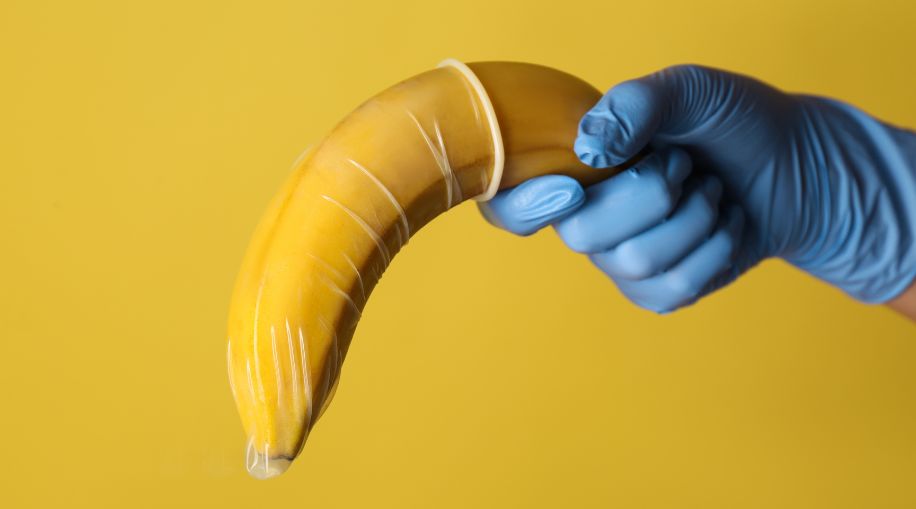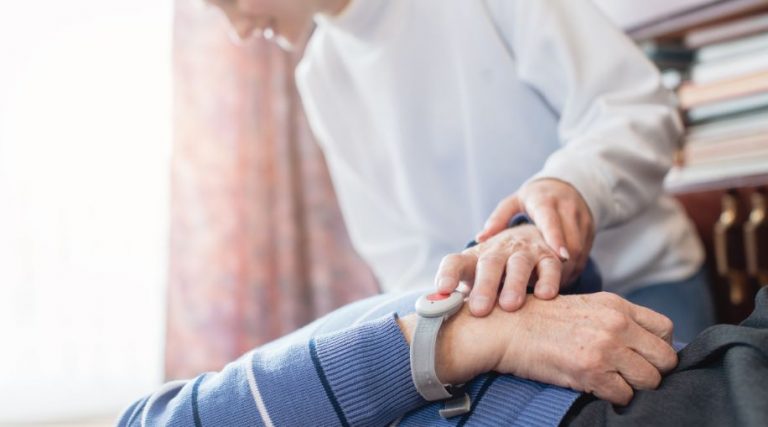Revitalize Your Intimacy
Erectile dysfunction (ED) is a common condition that affects millions of men. Thankfully, there are many treatment options, both medical and natural, that can help with symptoms. You can order different medications for treatment from ZipHealth, a website that makes it easy for men to discreetly order ED medication online with a quick, confidential consultation. Prescriptions are delivered directly to your door, saving time and avoiding in-person doctor visits.
Treatment Options for Erectile Dysfunction
1. Eroxon
Eroxon is a fast-acting gel that helps treat erectile dysfunction by increasing blood flow to the penis. When it's applied to the tip of the penis, it creates a cooling and warming sensation that triggers a natural response in the body, helping to produce an erection. It works quickly—usually within minutes—and doesn't require swallowing a pill.
Eroxon is a drug-free option, which means it has fewer side effects compared to some traditional ED medications. It's a simple, non-invasive way to help improve sexual performance.
2. RocketRX
RocketRX is a new and convenient way to treat ED. It offers men access to FDA-approved ED medications, like sildenafil (Viagra), tadalafil (Cialis), and others, through an easy online process.
You can talk to a doctor online and have the medication delivered right to your door. This makes it easier for men to get the help they need without going to a doctor’s office in person.
3. Vacuum Erection Devices
Known colloquially as penis pumps, these mechanical devices consist of a tube that is placed over the penis. A pump is then used to create a vacuum that pulls blood into the penis, leading to an erection. A tension ring is then slipped around the base of the penis to keep the blood from flowing back out.
4. Penile Injections
This treatment involves self-injecting medication directly into the side of the penis. Medications such as alprostadil, papaverine and phentolamine are used to stimulate an erection by relaxing the penile muscles to allow for increased blood flow.
5. Urethral Suppositories
Alprostadil can also be used in suppository form, inserted into the urethra through a special applicator. This is known as intraurethral therapy and the medicine helps expand blood vessels to create an erection.
6. Hormone Therapy
In instances where ED is linked to hormonal imbalances, such as low testosterone, hormone replacement therapy might be recommended.
7. Surgery
In cases where other treatments are ineffective or unsuitable, surgeries like penile implants might be an option. This is a more invasive procedure where a device is surgically embedded within the penile structure to facilitate an erection.
8. Counseling or Sex Therapy
When ED stems from psychological causes such as stress, anxiety or depression, seeing a psychologist or sex therapist may be beneficial.
9. Lifestyle Changes
Modifications to improve cardiovascular health, such as regular exercise, a healthy diet, quitting smoking and limiting alcohol, can improve ED.
10. Herbal and Alternative Remedies
Some men explore natural treatments like herbal supplements. However, it's essential to consult a healthcare provider before trying these as they might interact with other medications.
11. XIAFLEX
XIAFLEX (collagenase clostridium histolyticum) is a prescription medication for the treatment of Peyronie’s disease, which can cause ED. Peyronie’s disease is characterized by a significant curvature of the penis due to scar tissue, known as plaque, in the penile shaft.
XIAFLEX is administered via injection directly into the penile plaque, and it works by breaking down the buildup of collagen that causes the curvature. This can help improve erections in men whose ED is specifically due to Peyronie’s disease.
Erectile dysfunction treatment varies depending on the underlying cause and severity of the condition, as well as the patient’s health and preferences.
12. Viagra For ED
Viagra is a medication used primarily to treat erectile dysfunction (ED) in men. Its active ingredient, sildenafil, works by increasing blood flow to the penis, which helps men achieve and maintain erections. It was first approved by the FDA (Food and Drug Administration) in 1998 and has since become one of the most well-known and widely used treatments for ED. Viagra is typically taken orally, usually about 30 minutes to an hour before sexual activity, and its effects can last for up to four hours.
Causes of Erectile Dysfunction
Erectile dysfunction can result from a variety of physical and psychological factors. Here are some prevalent causes of ED.
- Cardiovascular disease. The most common physical causes of ED involve poor blood flow or circulation issues, which are often due to cardiovascular disease or atherosclerosis (clogged blood vessels).
- Diabetes. High blood sugar levels can damage nerves and blood vessels, which are vital for achieving an erection. As such, men with diabetes are at an increased risk of ED.
- Neurological disorders. Conditions that affect the nervous system, such as Parkinson's disease, multiple sclerosis or stroke, can impede the transmission of signals from the brain to the penis.
- Hormonal imbalances. Disorders that alter hormone levels, including thyroid conditions and low testosterone, can lead to ED.
- Medications. Certain medications, including those for high blood pressure, depression and anxiety, can cause or worsen ED.
- Psychological causes. Mental health issues such as stress, anxiety, depression and performance anxiety can interfere with sexual feelings and lead to ED.
- Lifestyle factors. Smoking, excessive alcohol consumption and illicit drug use can contribute to ED. Obesity and a sedentary lifestyle also increase the risk.
Coping with Erectile Dysfunction
Coping with ED is as much an emotional process as a physical one. Here are some strategies to help manage the condition.
- Open communication. Discussing ED with a partner can ease anxiety and build a supportive relationship dynamic. It's also essential to communicate openly and honestly with your healthcare provider about your symptoms and concerns.
- Education. Familiarizing yourself with the condition and its treatments can help alleviate fears and uncertainties and make informed decisions about your health.
- Psychotherapy. Mental health counseling can address any underlying psychological issues contributing to ED. This might include individual therapy or couples counseling, which can help to navigate the impact of ED on a relationship.
- Support groups. Joining a support group for men with ED can provide a sense of community and a forum to share experiences and coping strategies.
- Healthy lifestyle choices. Engaging in regular exercise, maintaining a healthy diet, avoiding tobacco and excessive alcohol and managing stress can all contribute to reducing the symptoms of ED.
Beyond ED
Erectile dysfunction can be a challenging condition, but with a variety of treatment options available, many men can find relief and return to a satisfying sex life. Medical advancements, support, understanding and a commitment to working through any underlying issues can ensure a positive outcome for those affected by ED.
Learn how to improve your heart health quickly.

